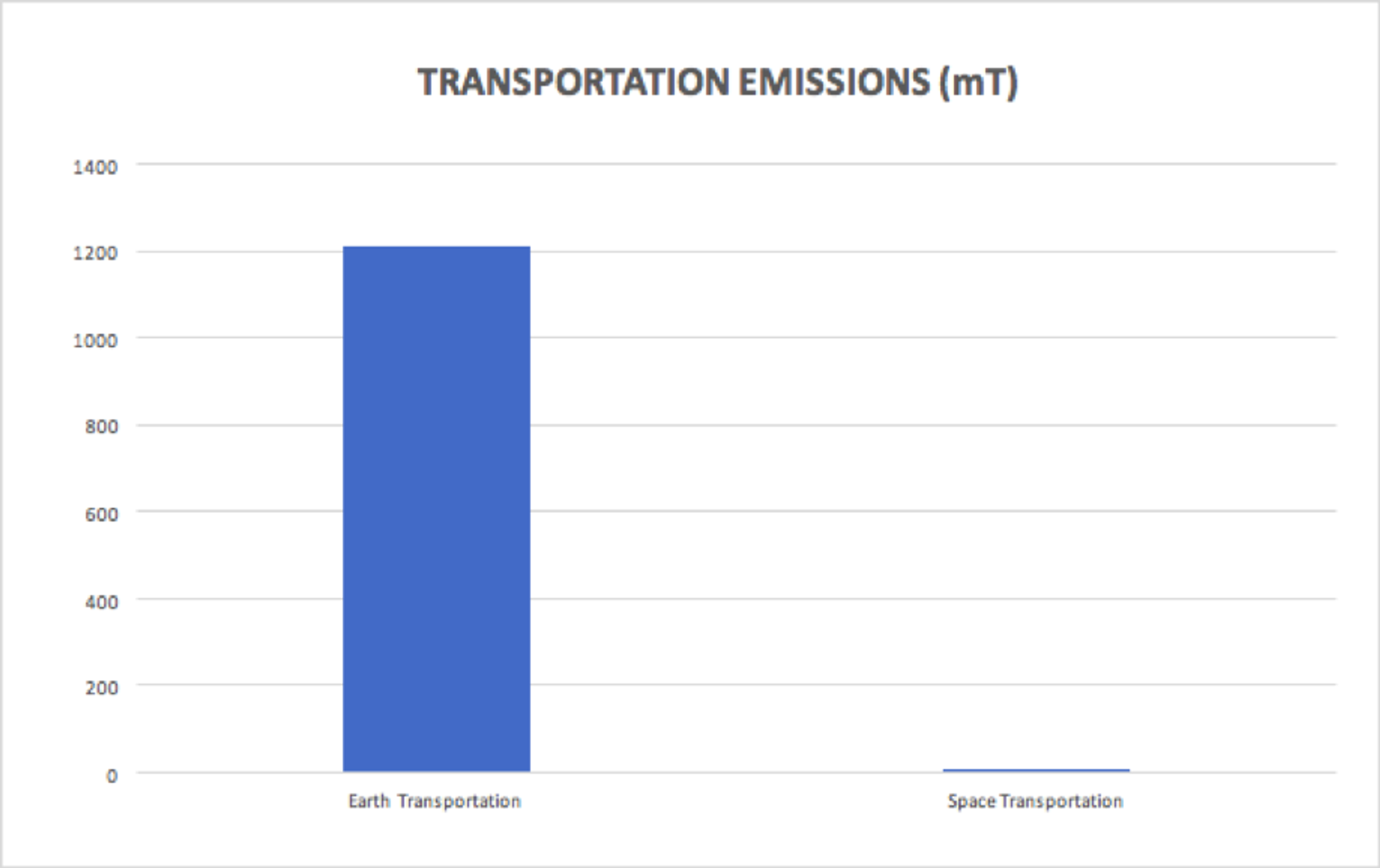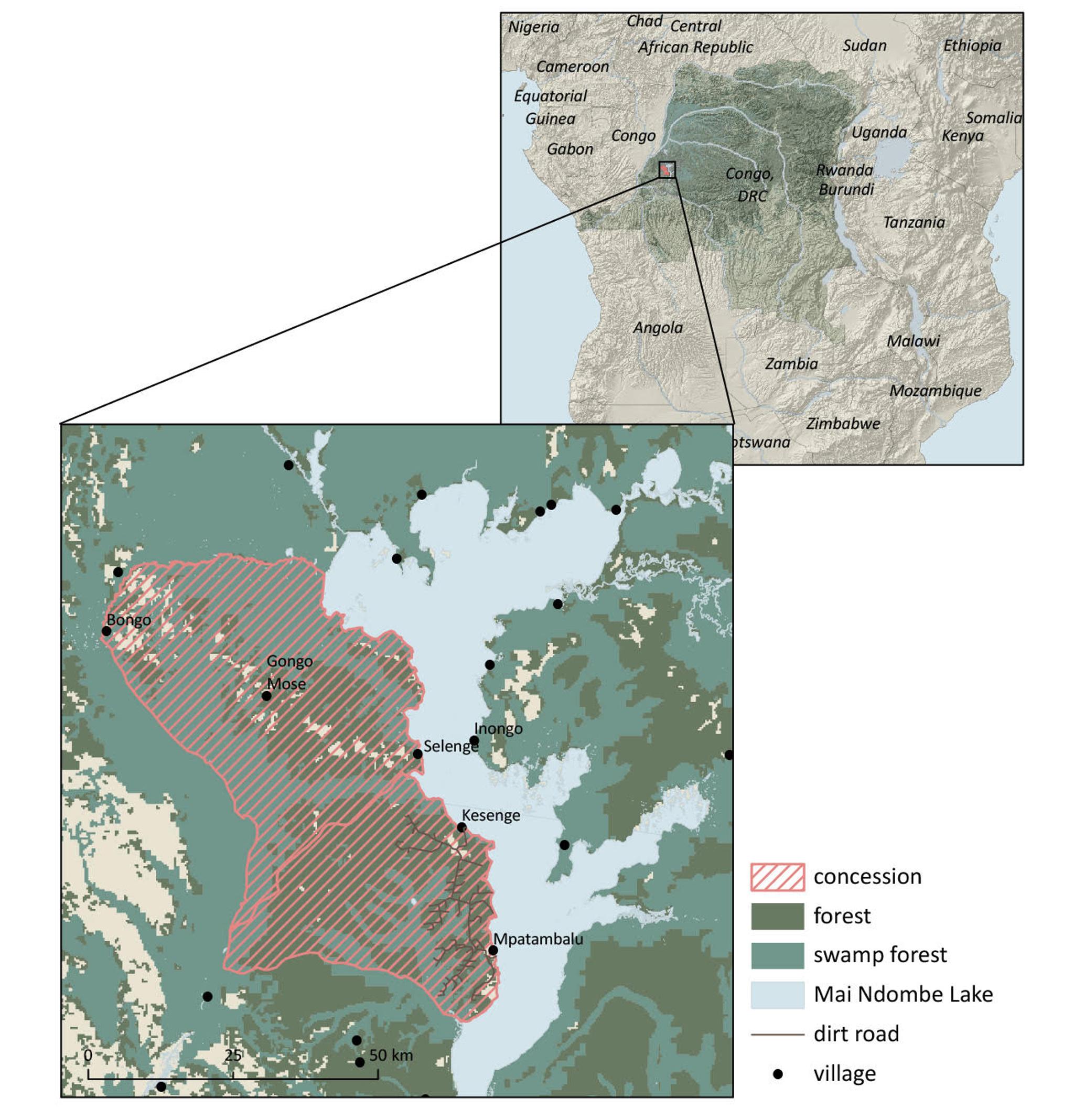Offsetting Planet’s Carbon Emissions: A How-to Guide

A small portion of the Mai Ndombe REDD+ Project lands along Mai Ndombe Lake, imaged by a Dove satellite in Low Earth Orbit © 2017, Planet Labs Inc. All Rights Reserved.
NewsPlanet’s gone carbon neutral. Enabling others to be better planetary stewards has been core to our mission here at Planet. Our data has a powerful effect on the decisions businesses, governments, and scientists make about our Planet.
With that in mind we made the decision to examine our own company practices and take efforts to offset our carbon emissions. Here’s what we did and how we did it.
Step 1: Picking a Standard
In the industry of sustainability, there are many available standards to measure carbon neutrality against. All of the standards divide different types of emissions into stratas or “Scopes."
- Scope 1: direct emissions, like natural gas
- Scope 2: indirect energy emissions, like purchased electricity
- Scope 3: all other indirect emissions, such as purchased goods or services
Some emissions standards include only Scope 1 and 2 emissions, considering Scope 3 emissions to be optional.
At Planet, we want to do our very best to act responsibly for our Earth, and thus selected to validate our neutrality claims under the internationally accepted PAS 2060 standard—one that encompasses all three Scopes.
It’s no surprise that this nebulous “third scope” casts a really wide net when it comes to understanding and measuring our carbon footprint. Scope 3 includes everything from employee business travel, shipping and receiving, daily employee commutes, and even space transport—that's right, it includes rocket launches.
Step 2: The Audit
To understand the complete scope of our company’s carbon emissions, we conducted a diligent audit. We asked every employee to fill out a survey with information about how they commute and where they travel, we pulled the details of all the materials purchased for our manufacturing line, and we even calculated the carbon emissions of the rockets that carried our Doves into space.
The data collection and audit was thorough, and sometimes a bit tedious, but we learned some interesting things about our company operations. A majority of our carbon spending as a company lies not in our manufacturing — or even rocket launches, for that matter — but in employee business travel and commuting.
Take a look at this comparison of Earth Transportation (Employee Commute and Business Travel) vs. Space Transportation (Launch).

.

.

.


Ready to Get Started
Connect with a member of our Sales team. We'll help you find the right products and pricing for your needs.

